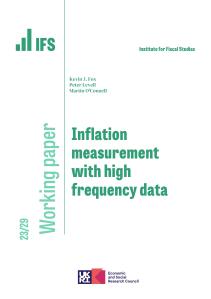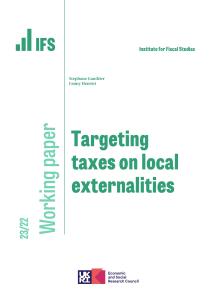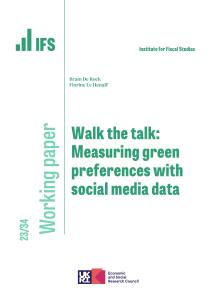
In this episode, we speak with Ed Conway, Economics Editor at Sky News and author of a new book Material World: The Making of Civilisation.
Subscribe now: Apple Podcasts | Spotify | ACAST | Stitcher | YouTube | Google Podcasts | RSS
From silicon chips to fertiliser, the last few years have shown us that where our materials come from matters massively to the stability of our economy.
How we get stuff out of the ground, processed and into complex global supply chains is a vital and oft-overlooked part of our economy - with ramifications for government policy across all sectors.
In this episode, we speak with Ed Conway, Economics Editor at Sky News and author of a new book Material World: The Making of Civilisation.
Zooming In: discussion questions
Every week, we share a set of questions designed for A Level economics students to discuss, written by teacher Will Haines.
- Why do some of the materials mentioned in this episode account for a small proportion of GDP, despite being very influential in our day to day lives?
- Having listened to this episode, how does an economy find a balance between the benefits of importing materials from abroad or producing these materials domestically?
Host

Director
Paul has been the Director of the IFS since 2011. He is also currently visiting professor in the Department of Economics at University College London.
Participants

Economics and Data Editor Sky News
Podcast details
- DOI
- 10.1920/pd.ifs.2023.0016
- Publisher
- Institute for Fiscal Studies
More from IFS
Understand this issue

How to grow the economy
24 May 2024

The economic stories that will shape 2024
5 January 2024

'Pensioners deserve better than the triple lock'
13 December 2023
Policy analysis

Living standards since the last election
21 March 2024

Annual report on education spending in England: 2023
11 December 2023

Schools serving disadvantaged children have faced the biggest funding cuts
11 December 2023
Academic research

Inflation measurement with high frequency data
18 October 2023

Targeting taxes on local externalities
14 August 2023

Walk the talk: Measuring green preferences with social media data
6 November 2023